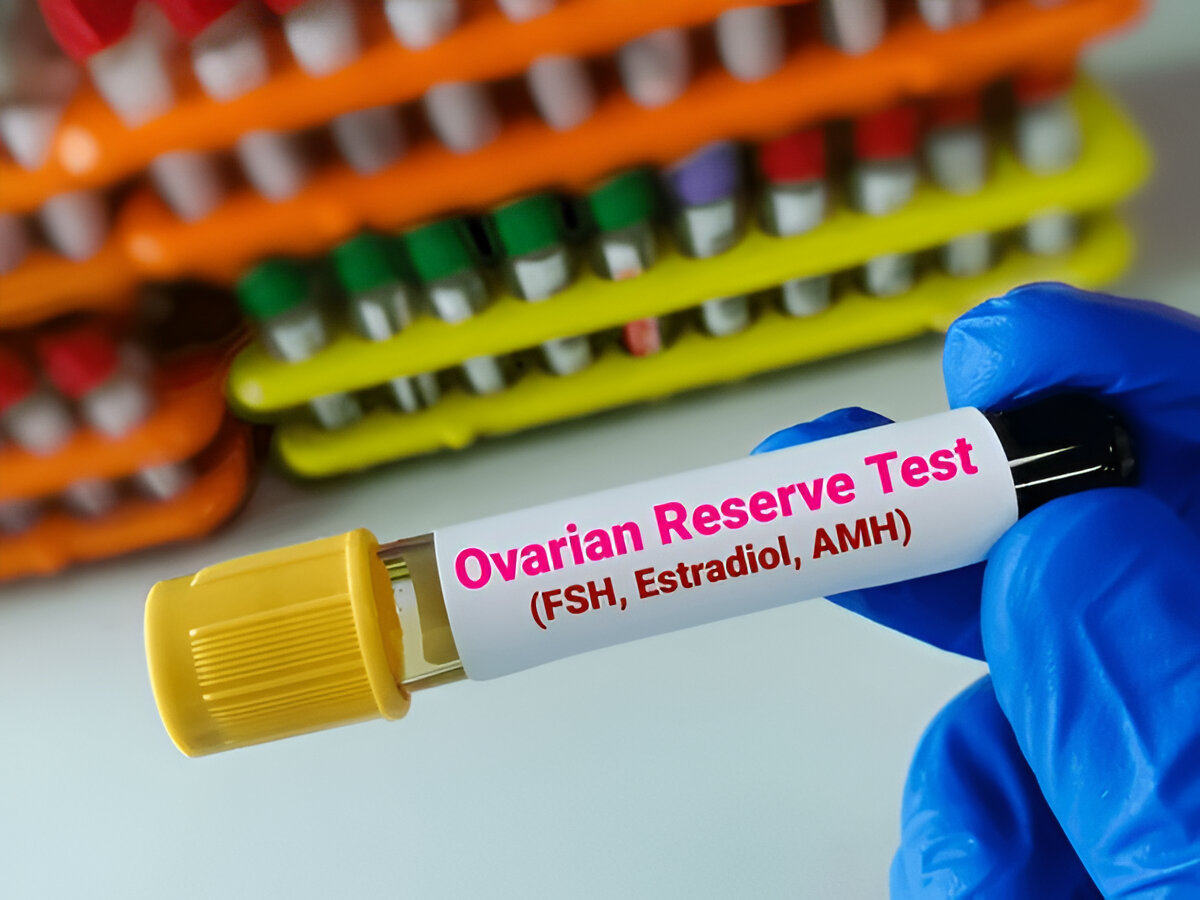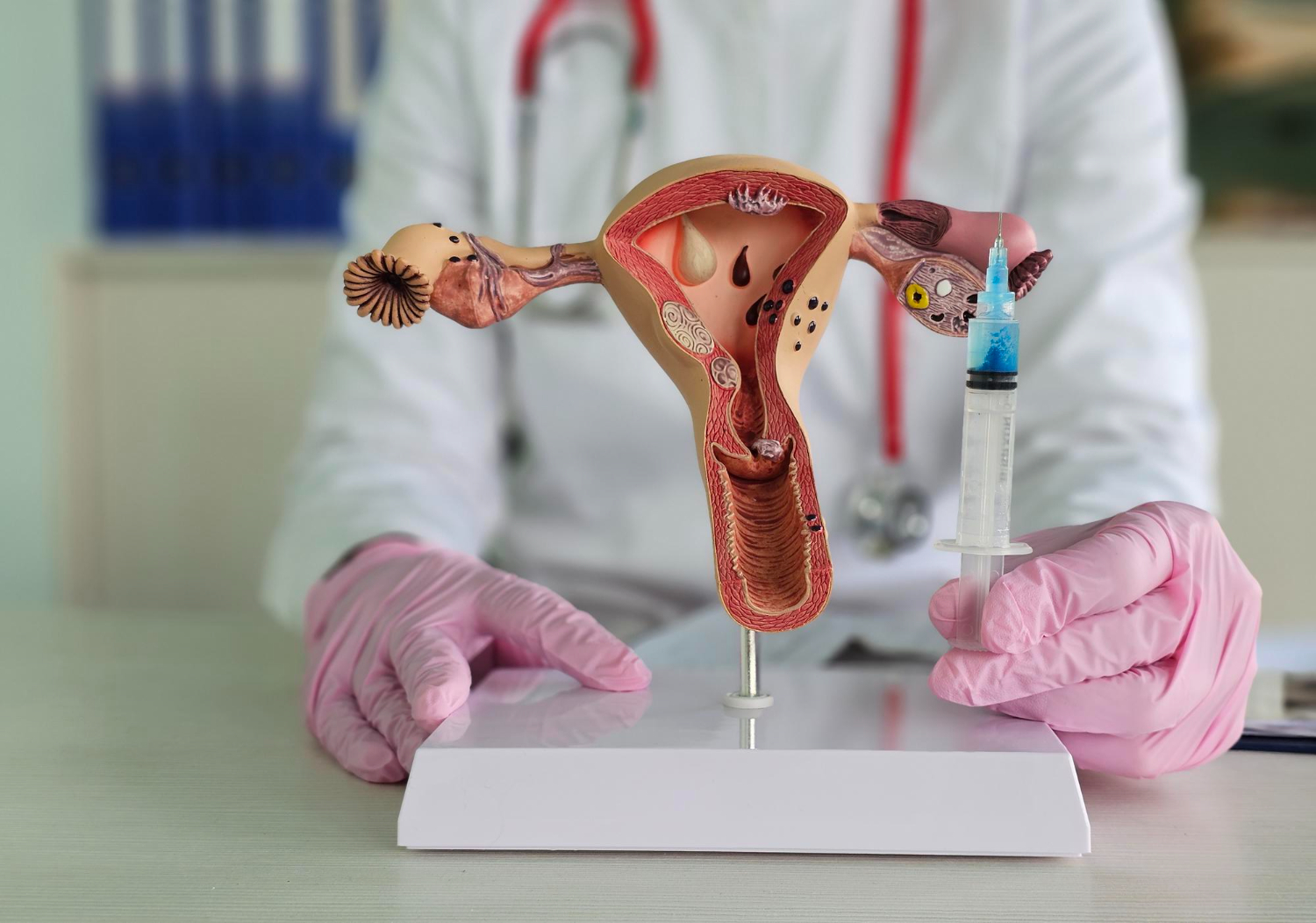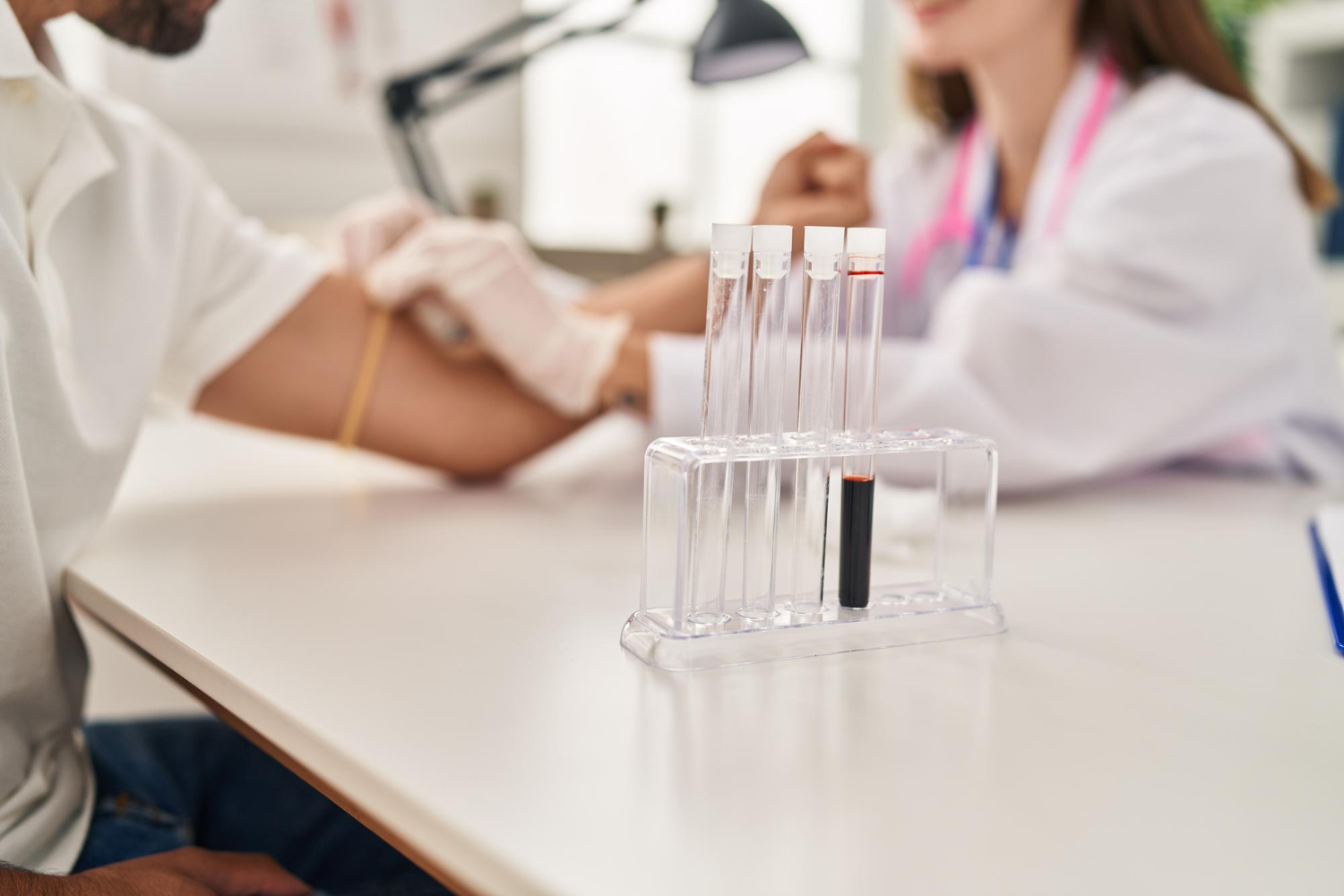- Home
- About Us
- Diagnosis
- Infertility Problems
- PCOS and Infertility
- Endometriosis and Infertility
- Adenomyosis and Infertility
- Fibroids and Infertility
- Ovarian Cysts and Infertility
- Blocked Fallopian Tubes and Infertility
- Premature Ovarian Insufficiency (POI) and Infertility
- Irregular Periods and Infertility
- Oligozoospermia
- Azoospermia
- Varicocele and Male Infertility
- Sperm Morphology
- Unexplained Infertility
- Secondary Infertility
- Treatments
- Locations
- Media
- Services
- Contact Us
Recent Posts
- contact@sparshivf.in
- 562 Washington Boulevard, New York









